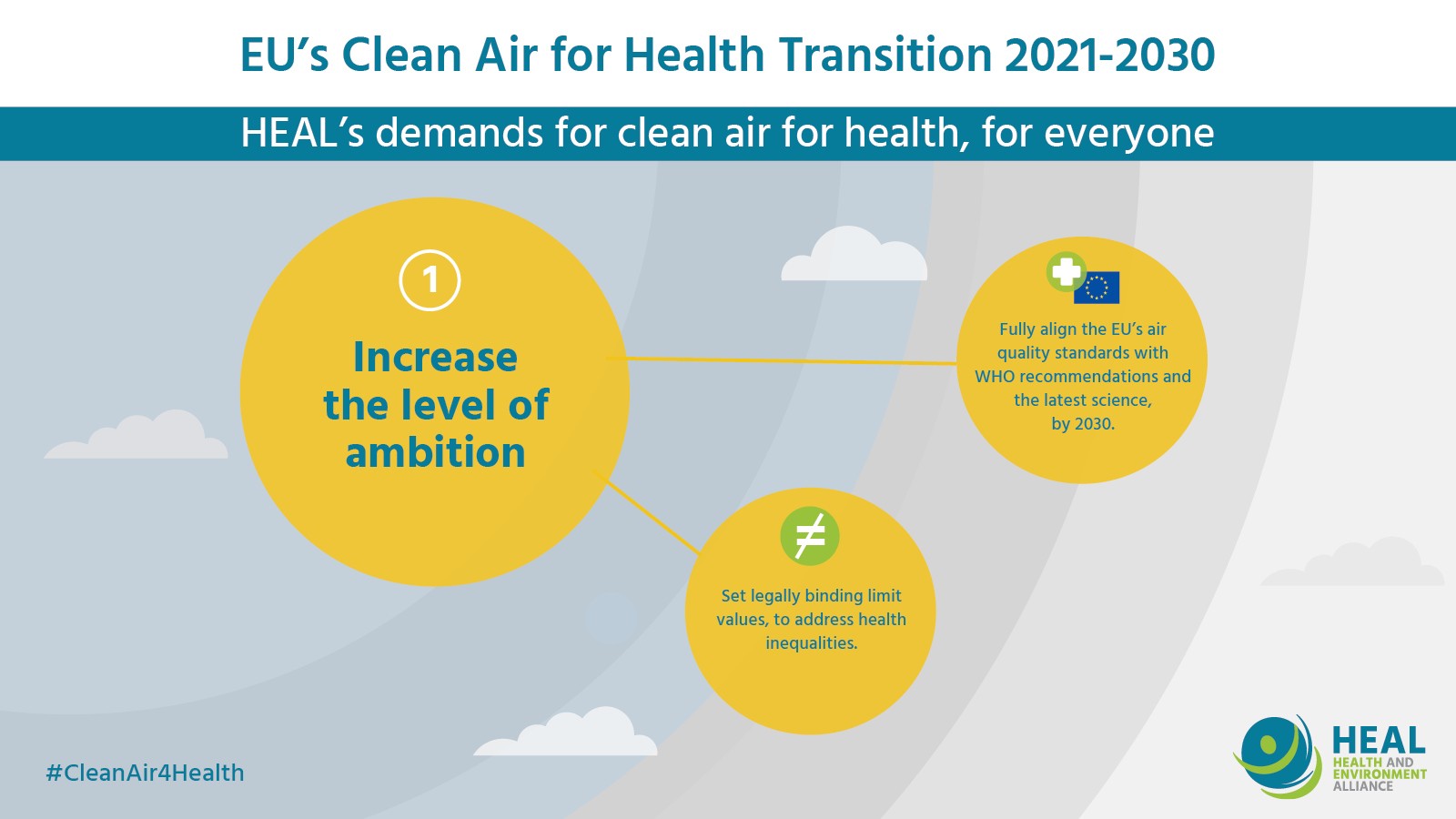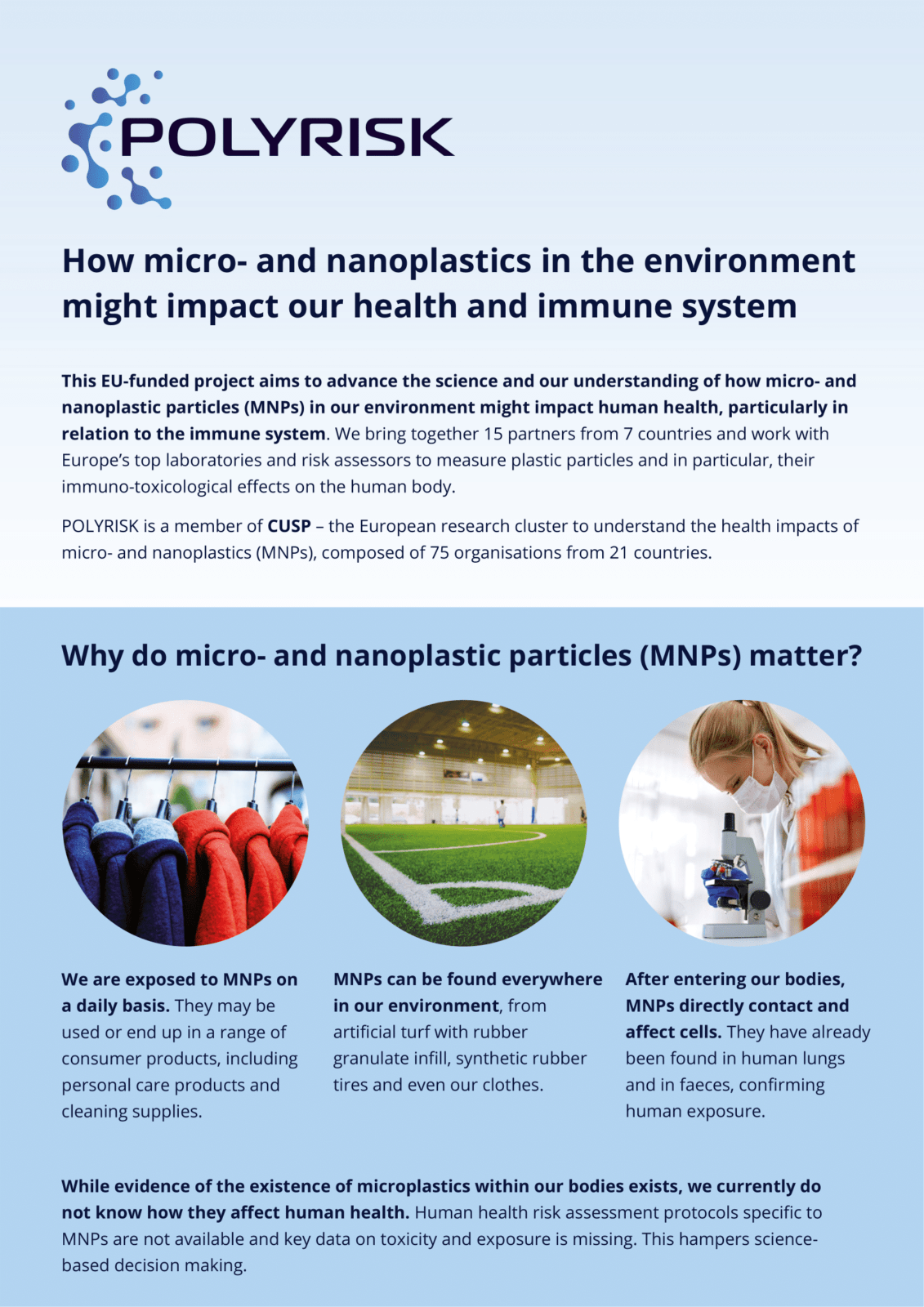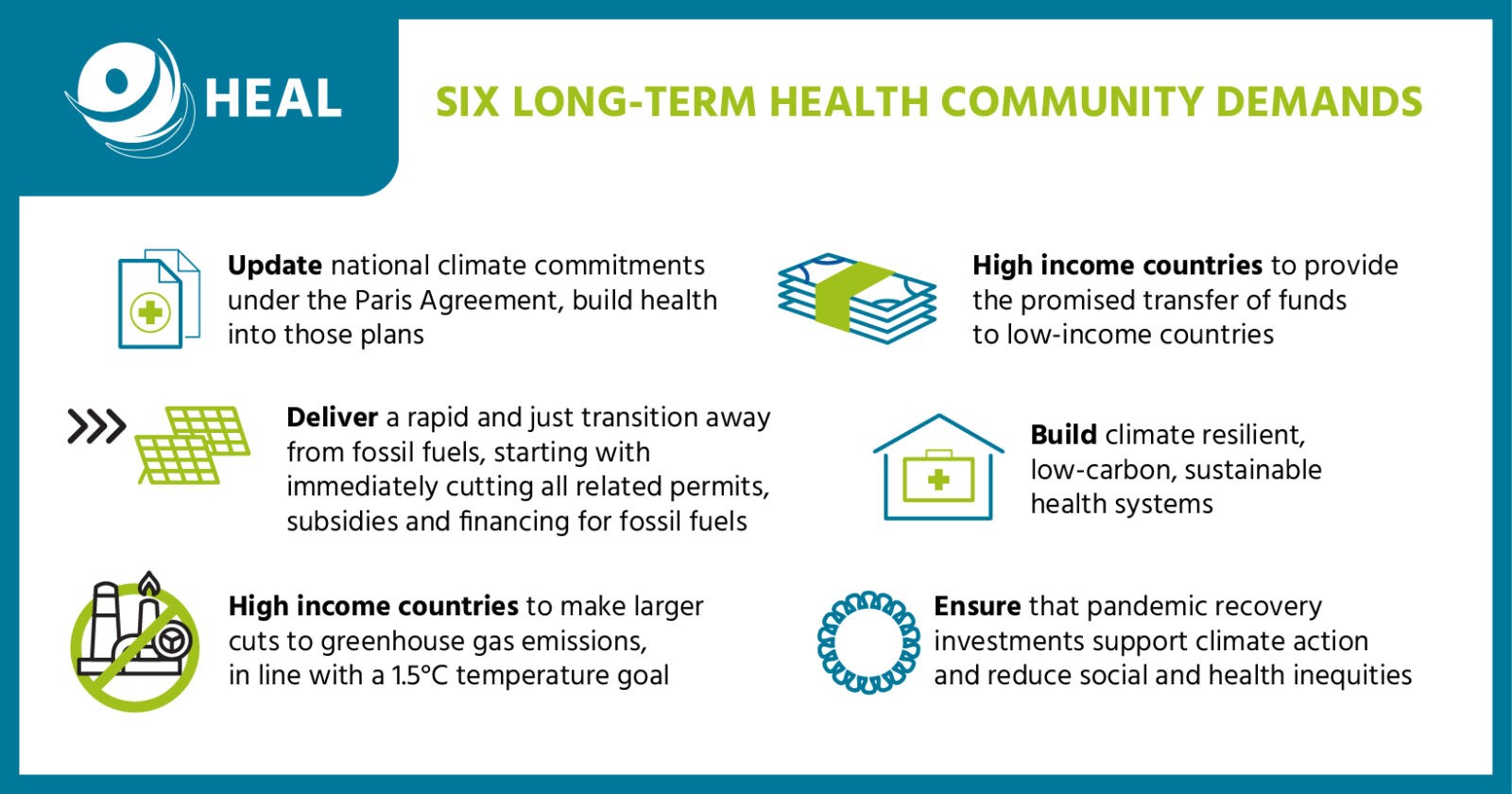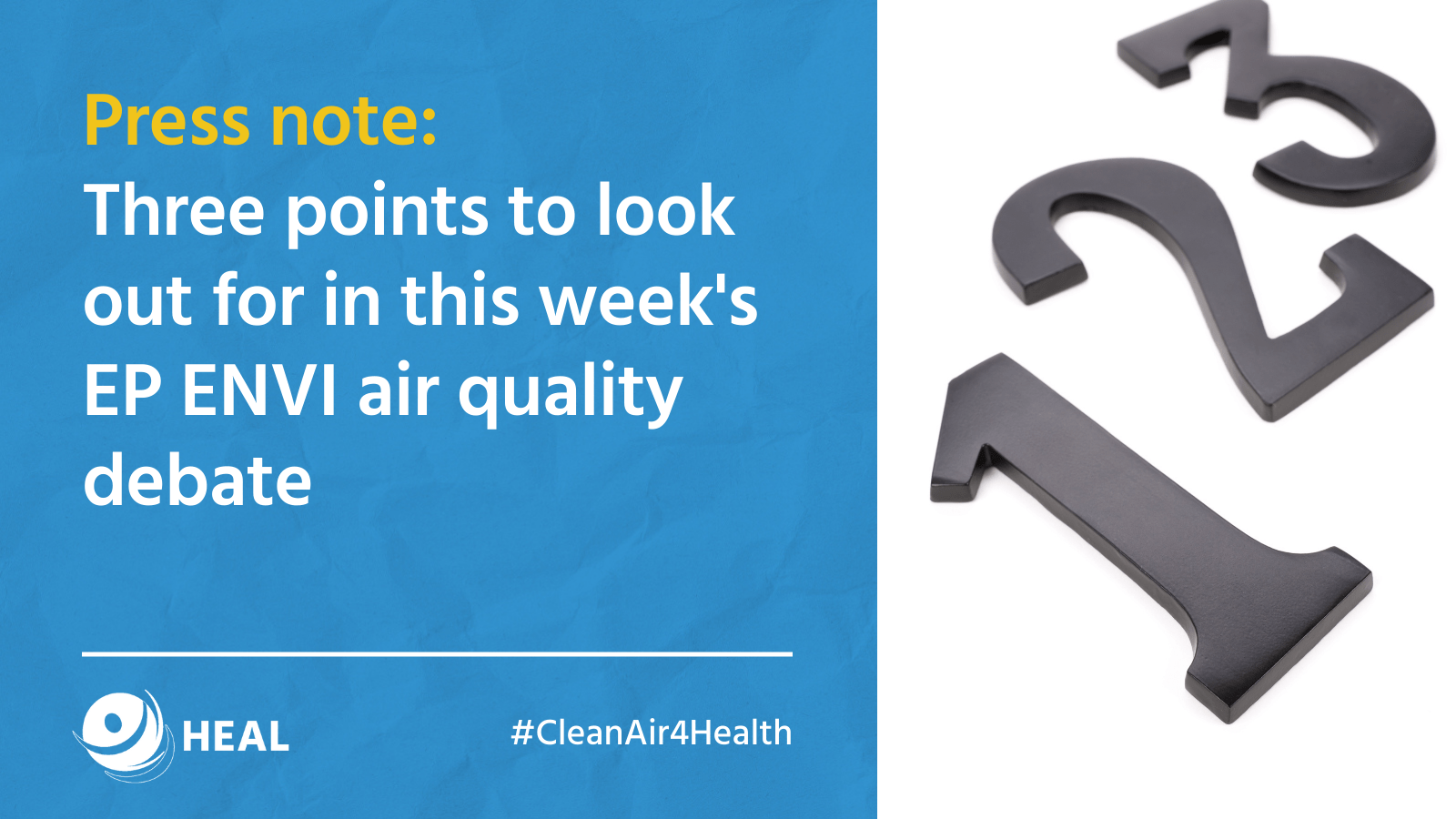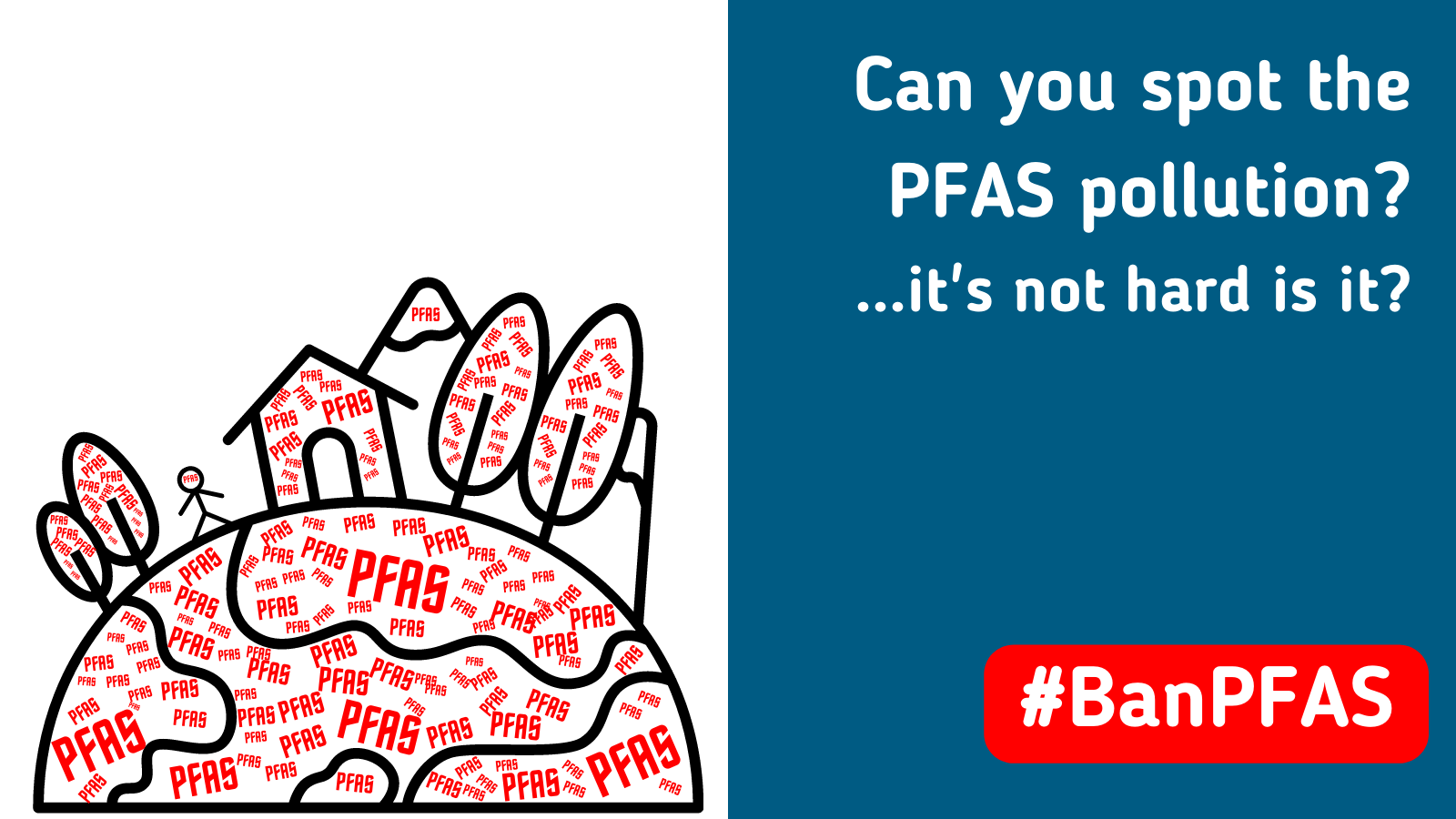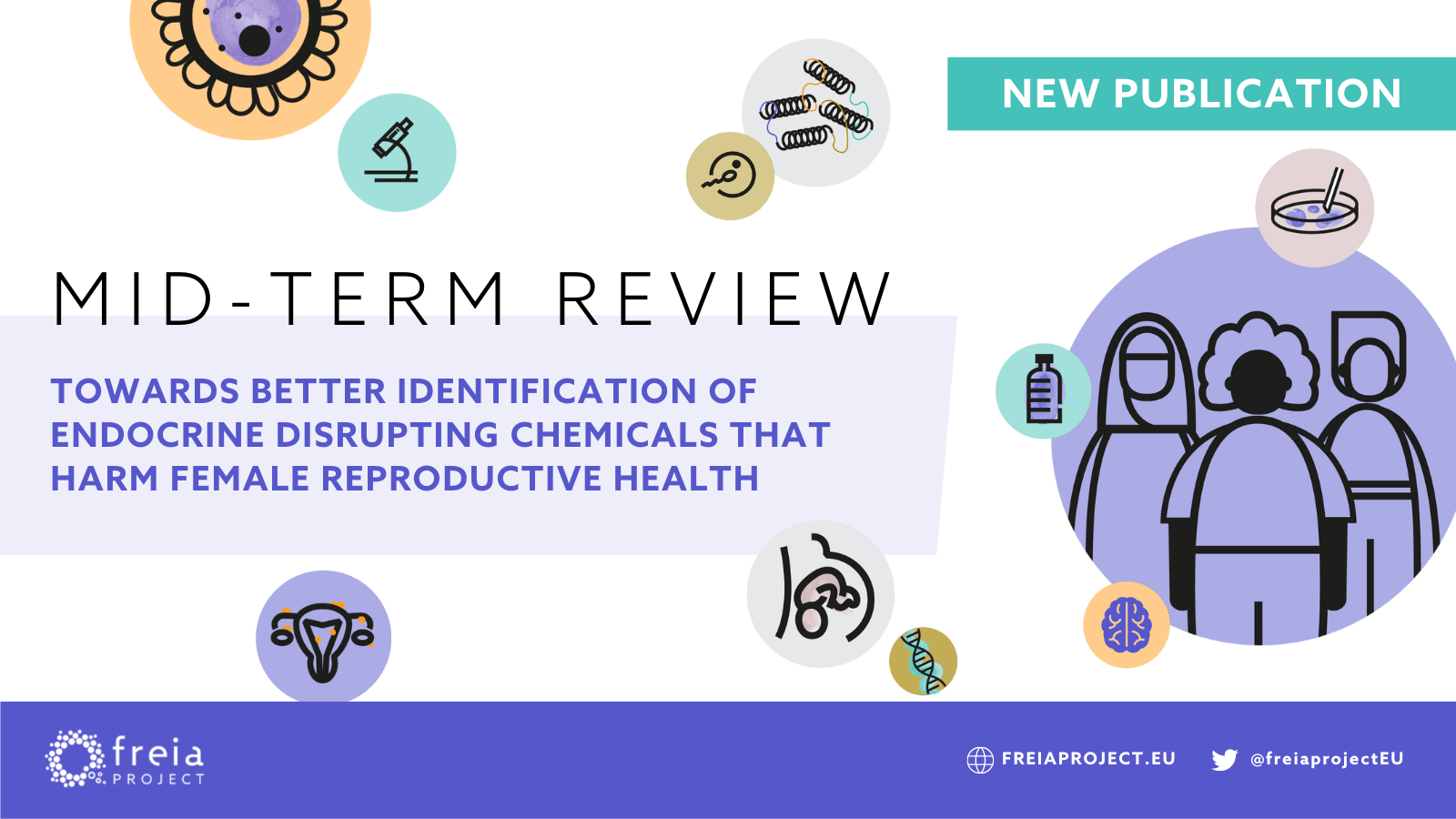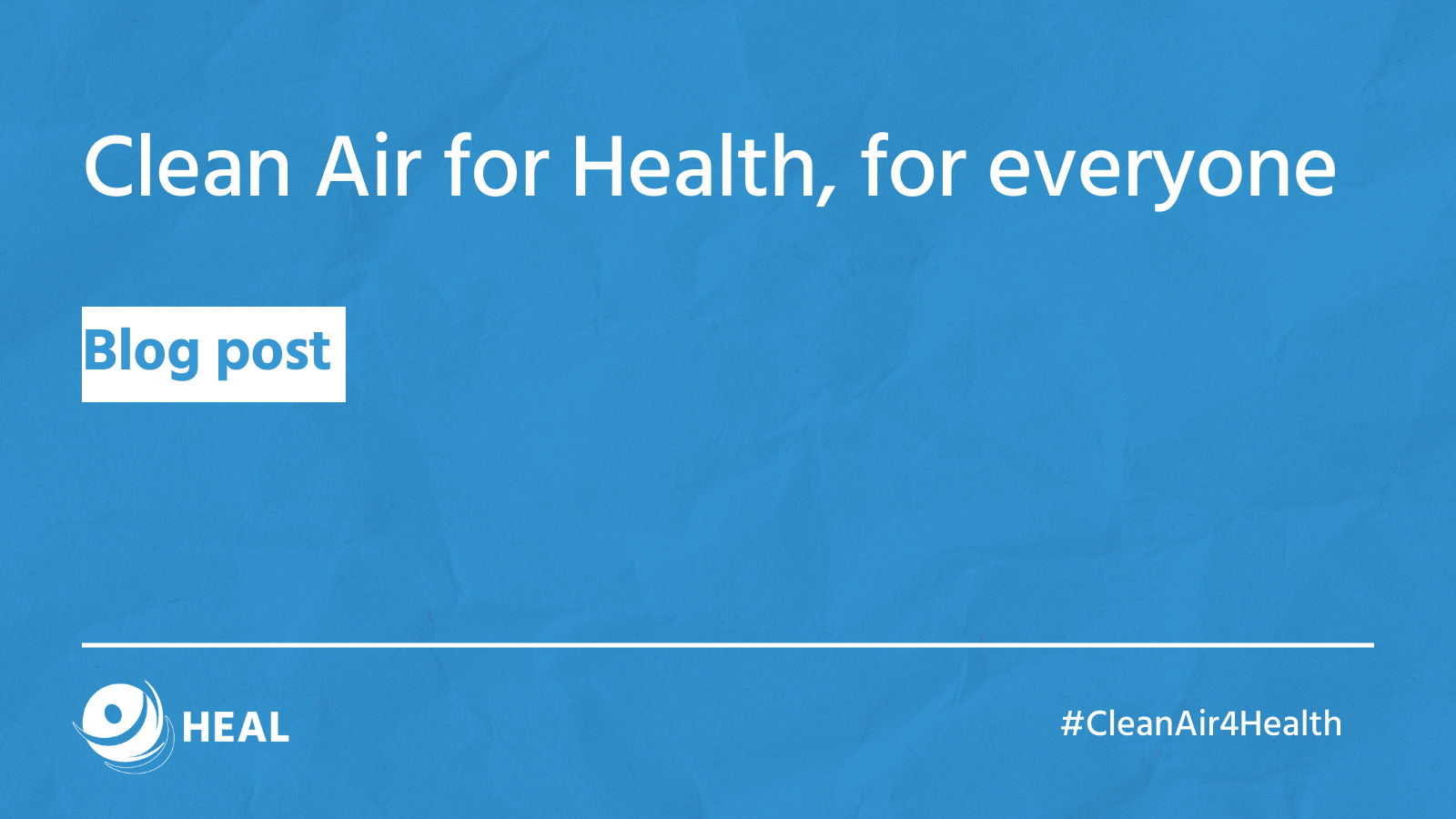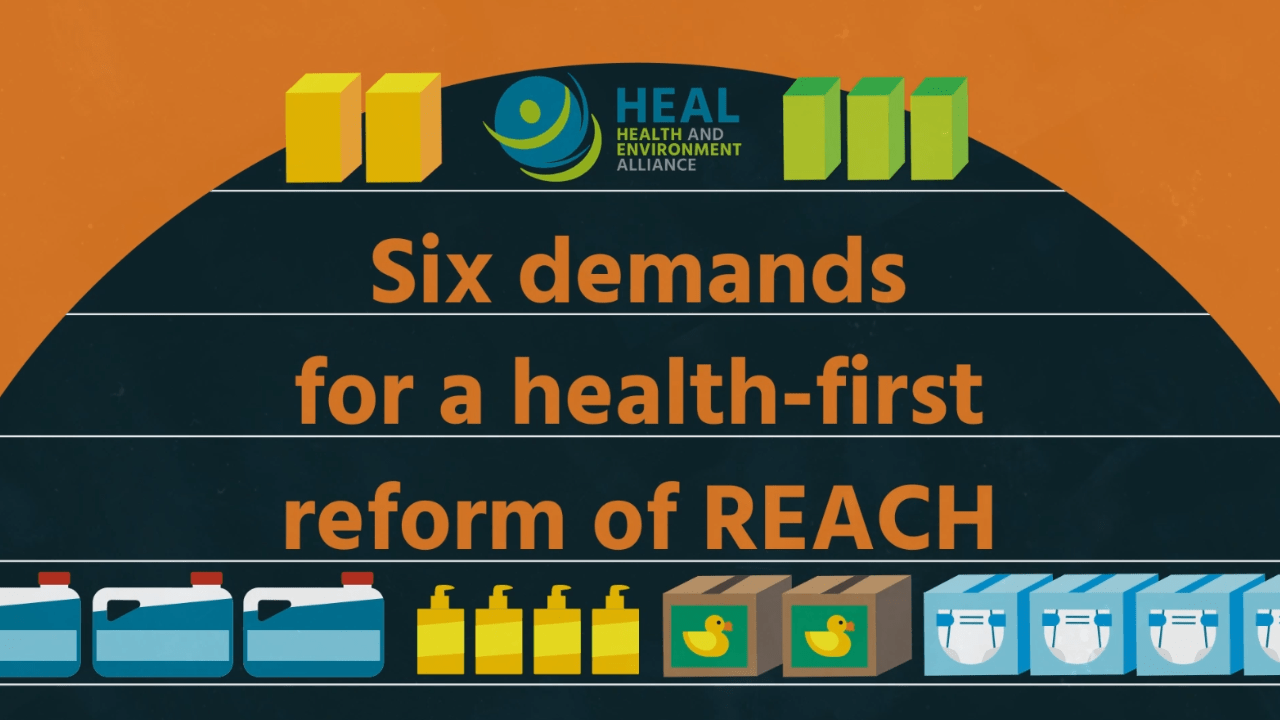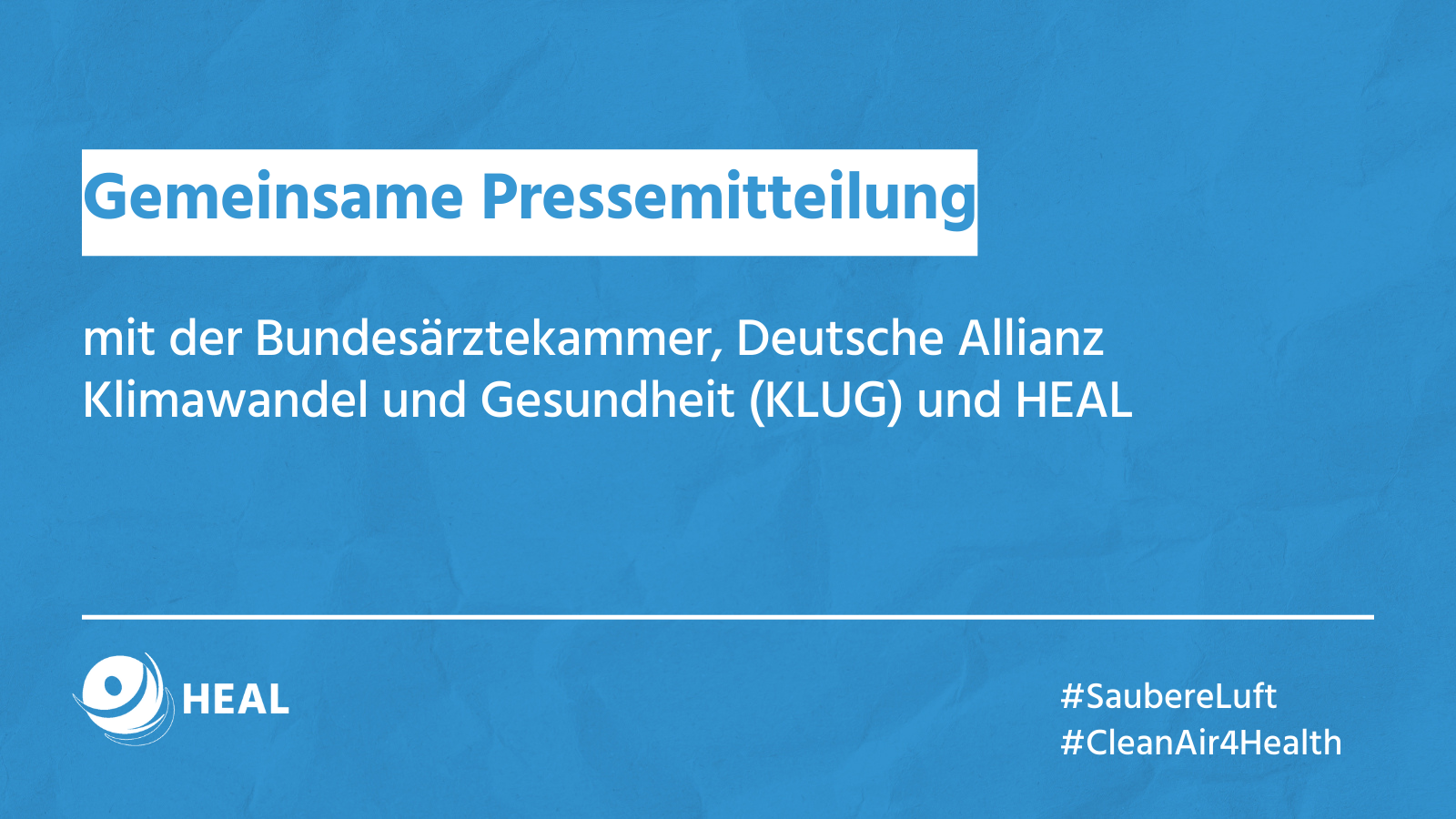HEAL’s demands for clean air for health, for everyone
Air pollution is the top environmental risk to health in Europe and everyone is vulnerable to its impacts. People’s level of vulnerability is outside of individual control, as it evolves…
Impact screening on glyphosate: ‘Into the Weeds’ documentary
Think-Film Impact Production is organising a sneak-preview of ‘Into the Weeds’ documentary in Brussels in April 2023. The documentary covers the legal battle that San Francisco groundskeeper Dewayne Johnson took against Monsanto (now Bayer) for poisoning by glyphosate.
Polyrisk flyer: How micro- and nanoplastics in the environment might impact our health and immune system
While evidence of the existence of microplastics within our bodies exists, we currently do not know how they affect human health. This new Polyrisk flyer illustrates how this EU-funded project aims to advance the science of how MNPs in our environment impacts health, particularly in relation to the immune system.
Europe’s raw materials rush does not justify keeping workers in the dark about lithium’s dangers
The increasing reliance on lithium compounds in critical sectors should be reason enough for European authorities to support a thorough investigation of their properties. They also demand a speedy agreement on how to communicate about them to workers and end-users. But instead, a scientifically-backed proposal to classify three lithium salts for their toxicity to reproduction under Europe’s harmonised hazard identification system is at a dead end.
Infographic: health sector calls for climate action
New infographic on health sector engagement for climate action, as health protection: Download the full pdf Download the social media assets:
The long-neglected health impacts of fossil gas
While much of the public and political attention has been on coal power generation and its impacts on climate and health, the health threats from burning fossil gas have not been part of the discussion on future-proof energy production and deserve greater attention.
Press note: Three points to look out for in this week’s EP ENVI air quality debate
Health groups asked members of the EP ENVI committee to step up on clean air for health with science-based air quality standards.
Open Letter to the European Commission: Nanomaterials in everyday products – results from recent testing and concrete measures to inform and protect citizens and ecosystems from nano-related risks
Seventeen NGOs, including HEAL, wrote a joint letter to the European Commission on nanomaterials in everyday products; results from recent testing and concrete measures to inform and protect citizens and ecosystems from nano-related risks
Joint letter to ENVI MEPs: Health organisations’ recommendations to step up on clean air for health with science-based air quality standards
The European Parliament's Committee on the Environment, Public Health and Food Safety is currently considering the proposal to revise the EU’s ambient air quality directives (AAQD), a cornerstone for the protection of people’s health and the environment from air pollution. Today, HEAL, together with six more health organisations, has written to members of the committee, urging them tostep up on the European Commission’s proposal, to reduce ill-health and health cost swiftly and significantly.
Over 100 organisations call on the European Commission to fully ban PFAS by 2030
The EU Chemicals Agency (ECHA) published the draft proposal for an EU-wide restriction on the production and uses of per- and polyfluoroalkyl substances (PFAS), starting a much needed process to restrict these 'forever chemicals'
Mid-term review of the FREIA project: updates and next steps on how novel research is helping identify endocrine disrupting chemicals that harm female reproductive health
To mark the start of the final stages of FREIA, the Health and Environment Alliance (HEAL) has teamed up with the research project to launch a review of its main findings and milestones of research into the effects of endocrine disrupting chemicals (EDCs) on female reproductive health thus far.
Letter from Europe’s environmental NGOs on the cars CO2 deal
HEAL and others have written to German chancellor Scholz and vice-chancellor Habeck with concern regarding the recent political backpedalling and confusion created by the German government that has led to the postponement of the Council vote on the new CO2 standards for cars and vans. The NGOs have called on them to stand firm and confirm the support of your government for the existing agreement without further delay.
Clean Air for Health, for everyone
Air pollution is the top environmental threat to health in Europe, leading to around 400,000 premature deaths per year and billions of Euros in health costs...
Joint letter to Executive Vice-President Vestager on Temporary Crisis and Transition Framework
ClientEarth, CAN Europe, CEE Bankwatch, E3G and HEAL have sent a joint letter to Executive Vice-President Margrethe Vestager concerning the leaked draft Temporary Crisis and Transition Framework (“TCTF”) and our concerns by the direction taken.
Video: HEAL’s six demands for a health-first reform of REACH
The European Commission has announced an overhaul of REACH, Europe’s flagship legislation on chemicals. A new video from the Health and Environment Alliance (HEAL) spells out how the current system allows dangerous chemicals to slip through the cracks, and our six demands to help get REACH back on track to better protect health and the environment.
Q&A on animal testing and chemical safety assessments
We are exposed to a wide mix of potentially harmful chemicals on a daily basis. To assess whether and how exposure to chemical substances can impact our health and the environment, European and national regulatory authorities rely on the results from several testing methods, including animal testing, when performing their safety assessment. In this Q&A, HEAL answers several key questions about the use of animal testing in the European Union.
NGO Letter to the European Commission: Need to update REACH information requirements
Several NGOs, including HEAL, sent a letter to Executive Vice President Timmermans and Commissioners Breton, Sinkevičius and Kyriakides in February 2023 to call them for an update of REACH information requirements.
Gesundheitsverbände fordern stärkere Anstrengungen zur Verbesserung der Luftqualität
Die Bundesärztekammer und die Gesundheitsverbände Health and Environment Alliance (HEAL) und Deutsche Allianz Klimawandel und Gesundheit (KLUG) fordern dringende Maβnahmen, um die unterschätzte Krankheitslast durch Luftverschmutzung und insbesondere Feinstaub zu senken. Bei der aktuellen Überarbeitung der Luftqualitätsgrenzwerte auf EU-Ebene sollte sich die Bundesregierung für die vollständige Angleichung der Grenzwerte mit Empfehlungen der Weltgesundheitsorganisation bis 2030 einsetzen, damit Deutschland und die EU Vorreiter beim Gesundheitsschutz werden.


